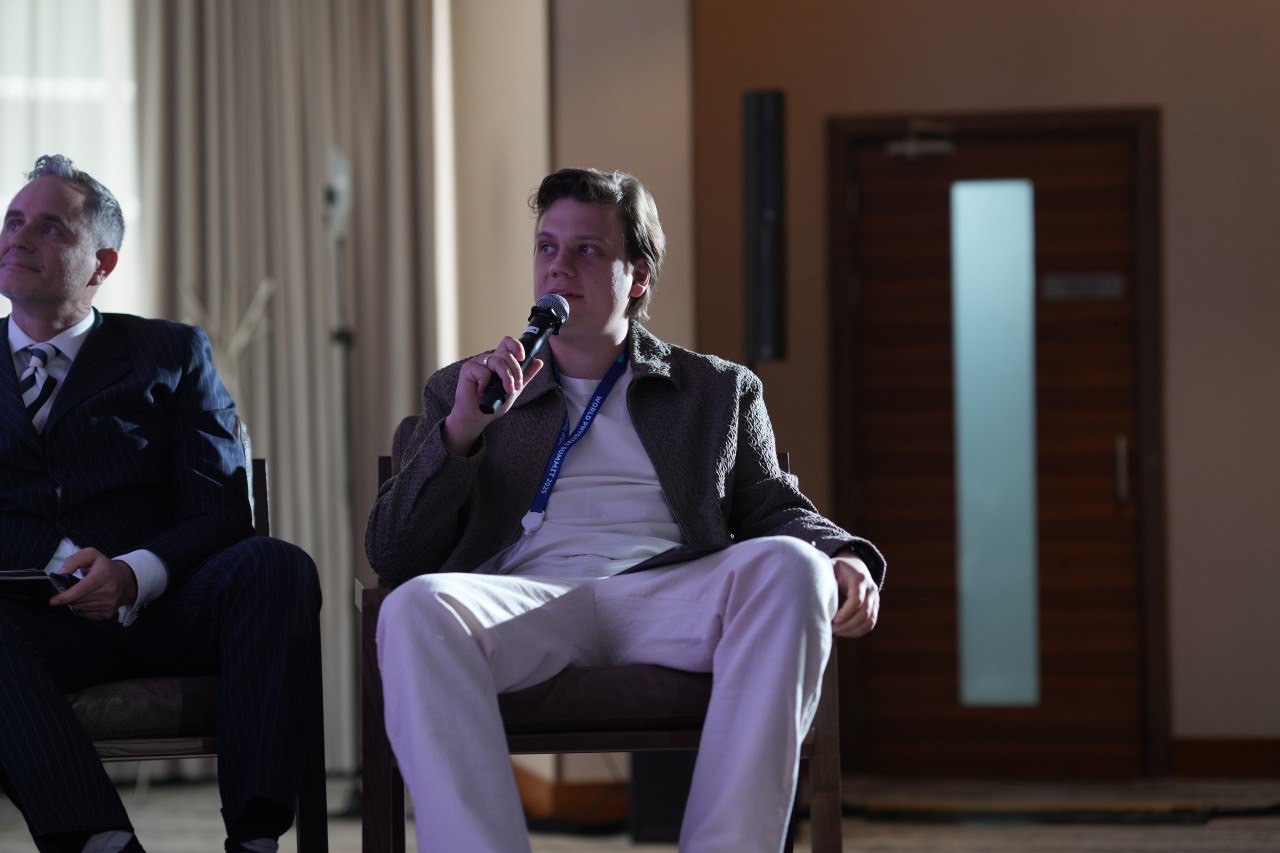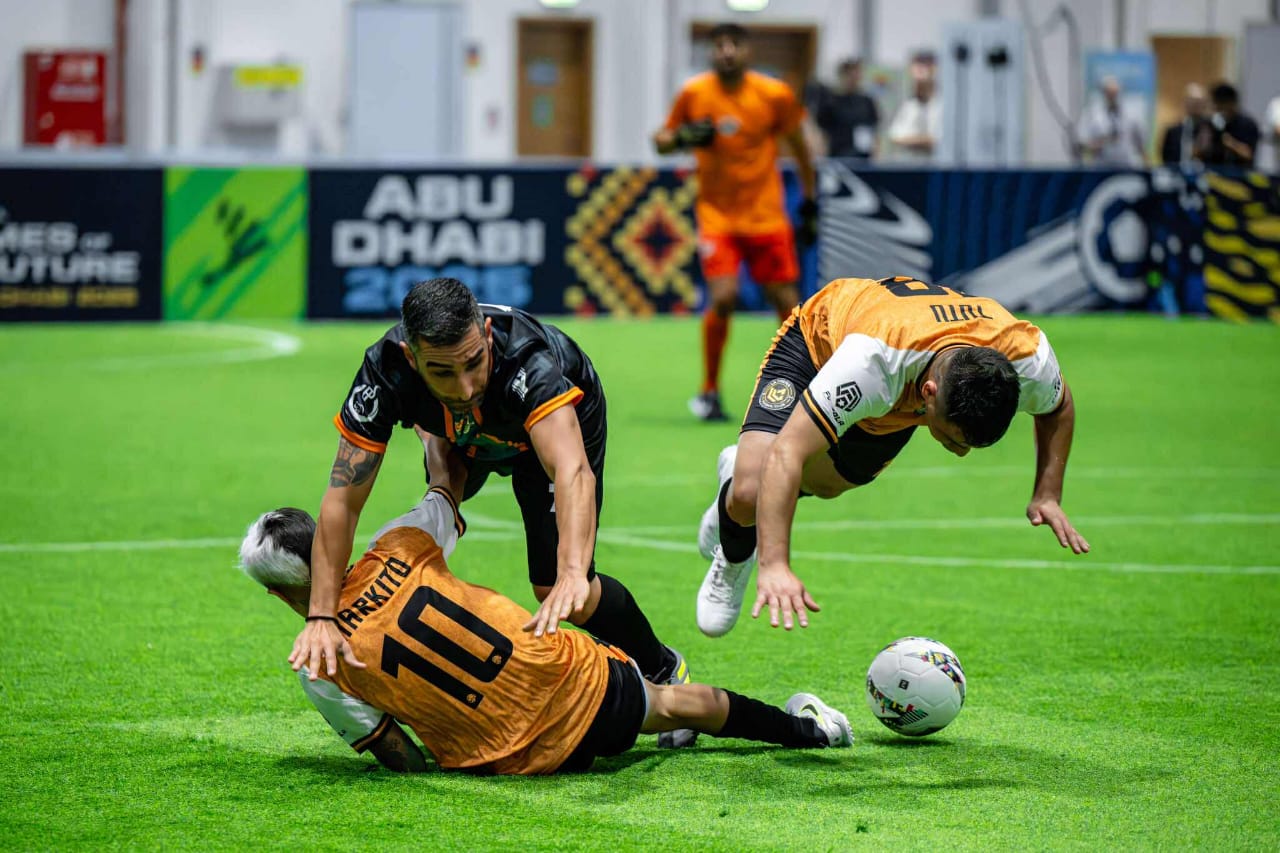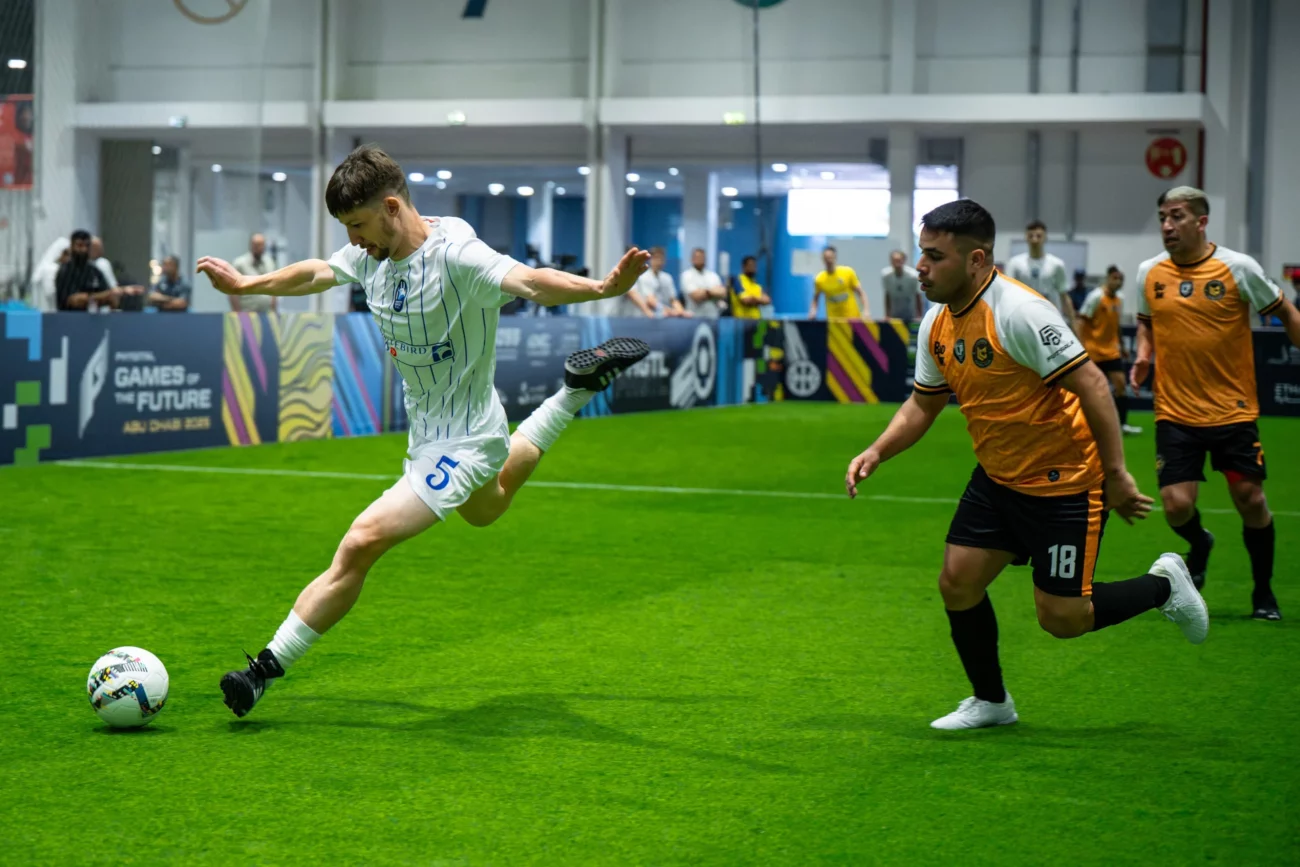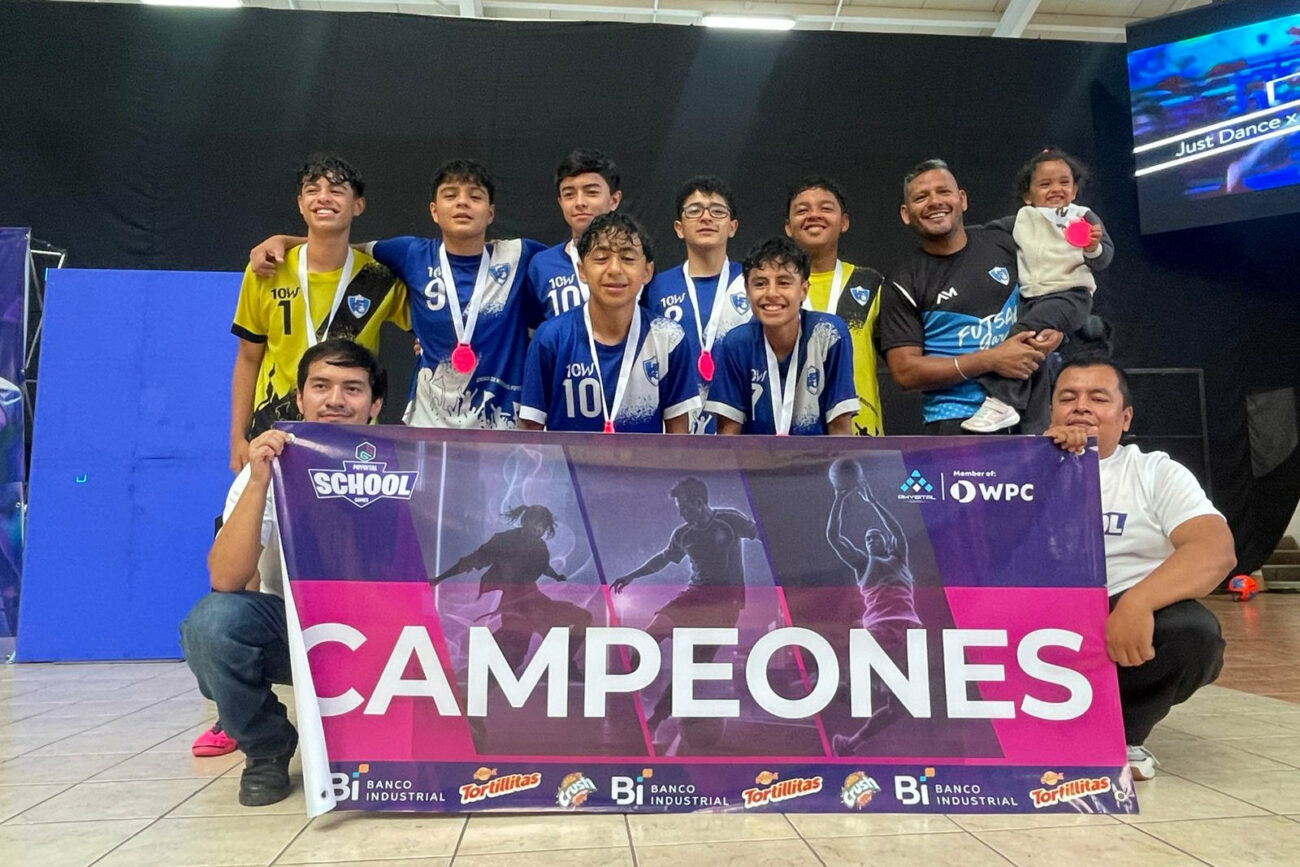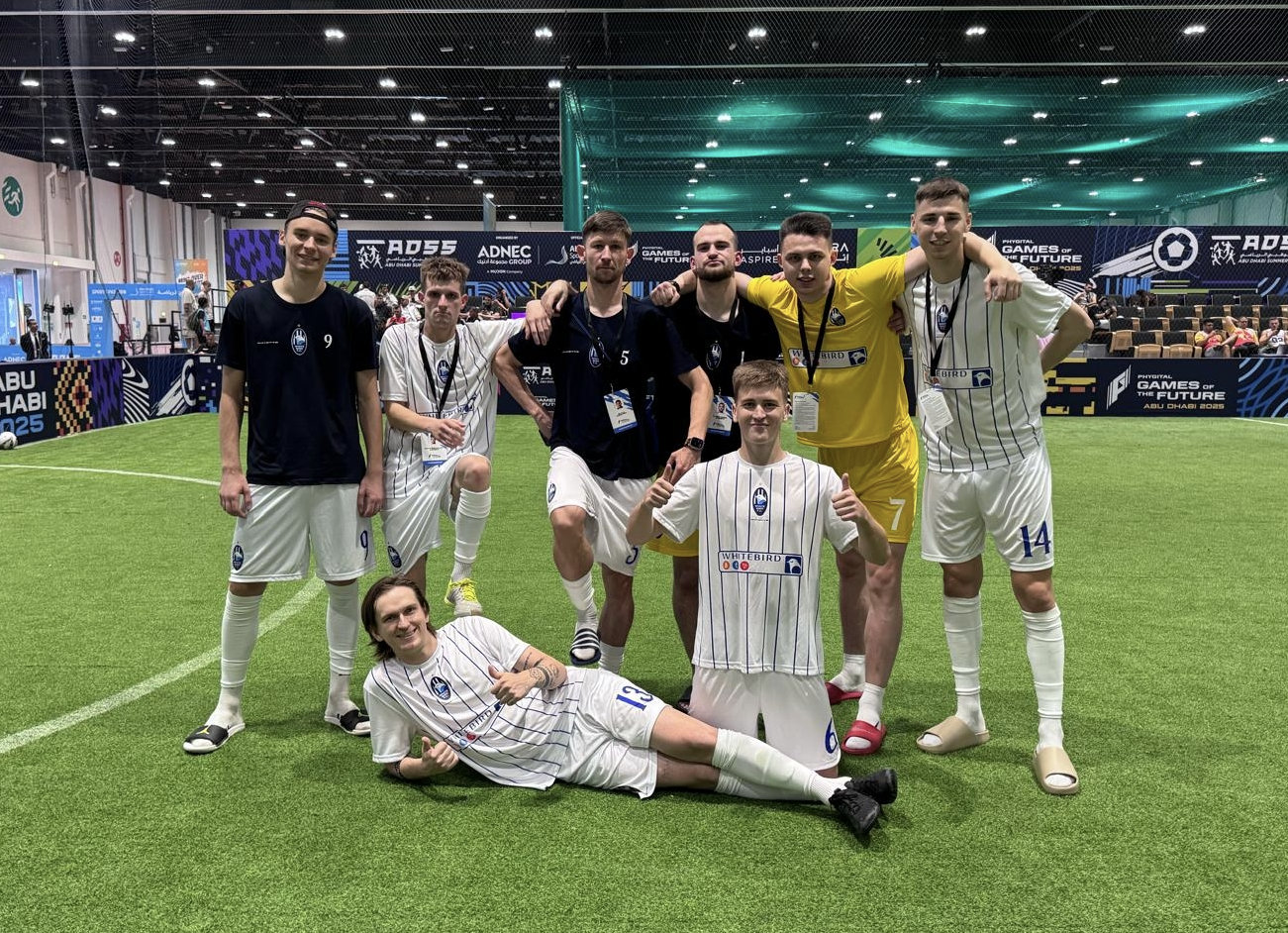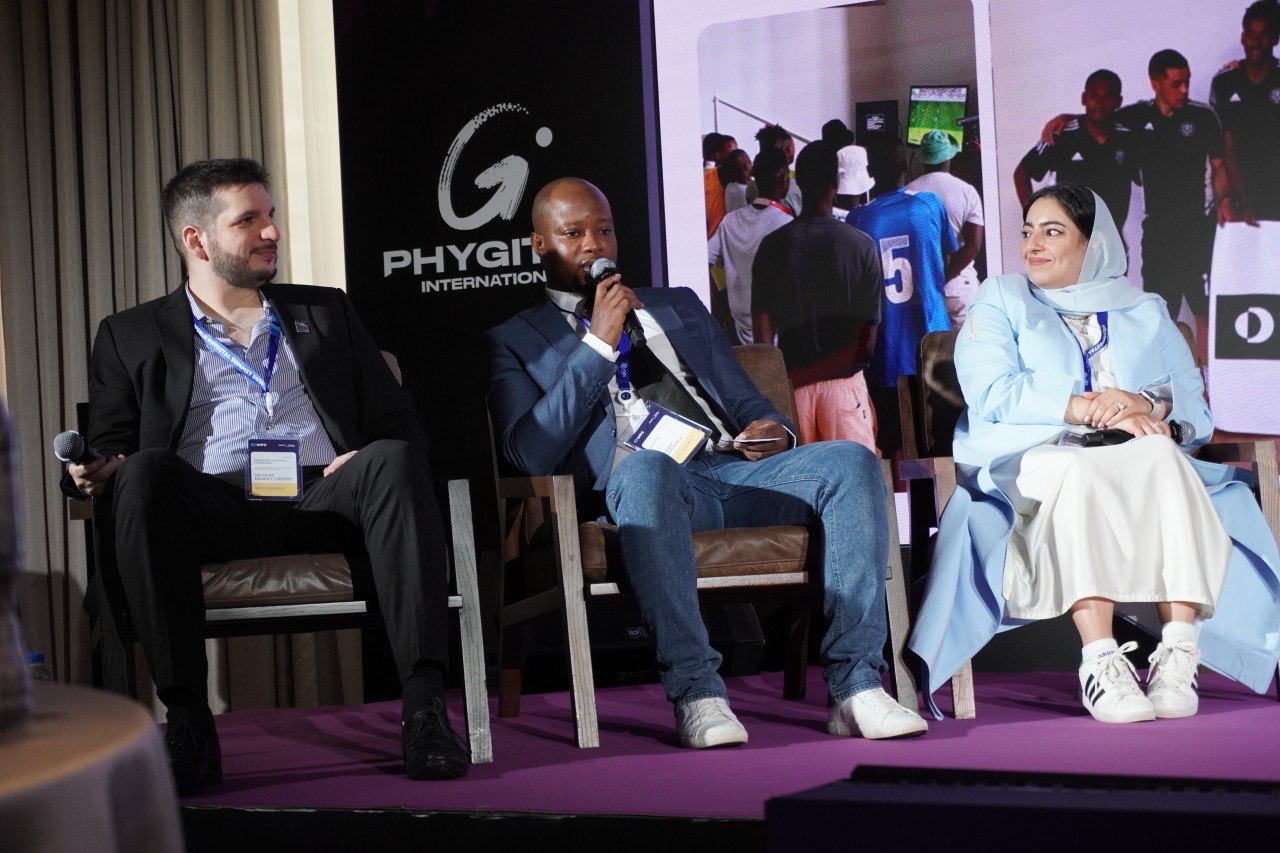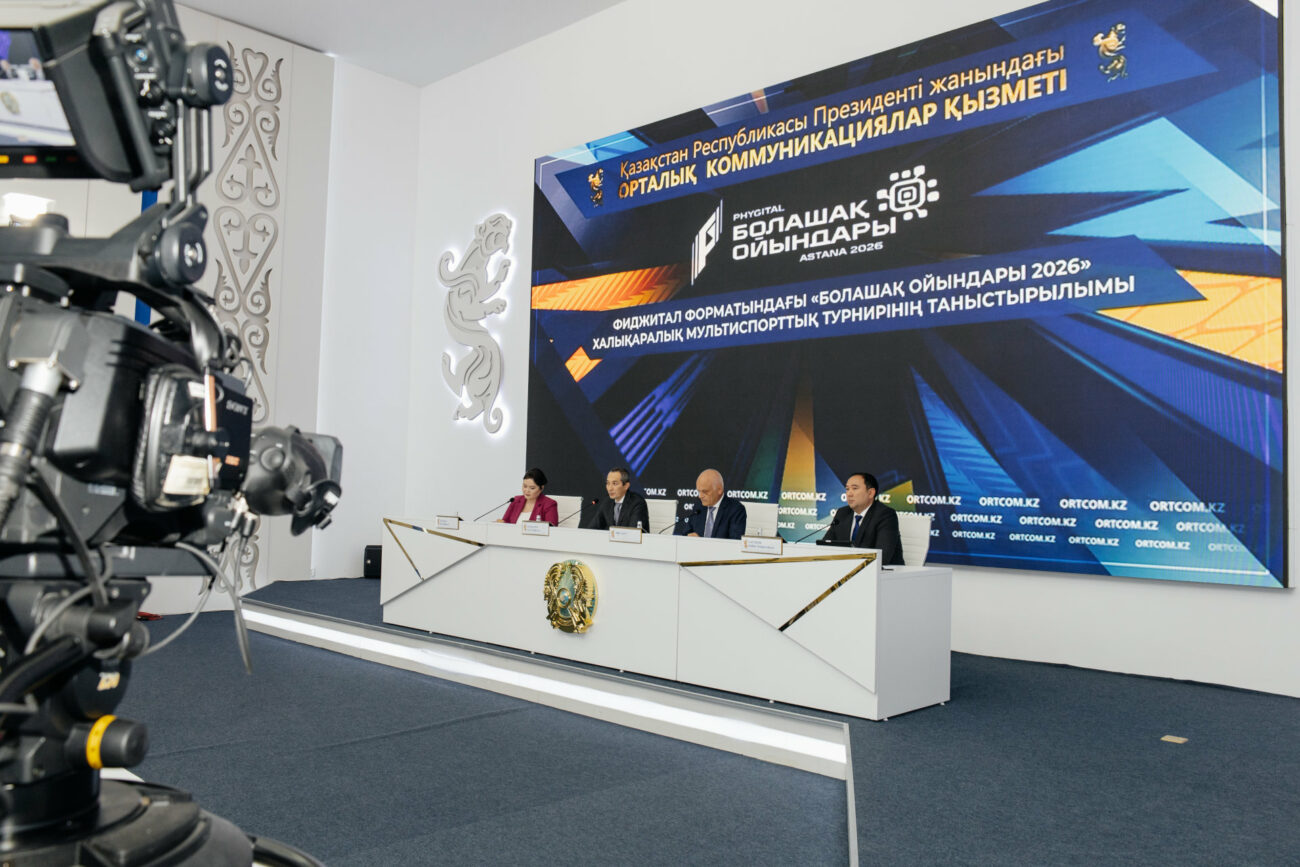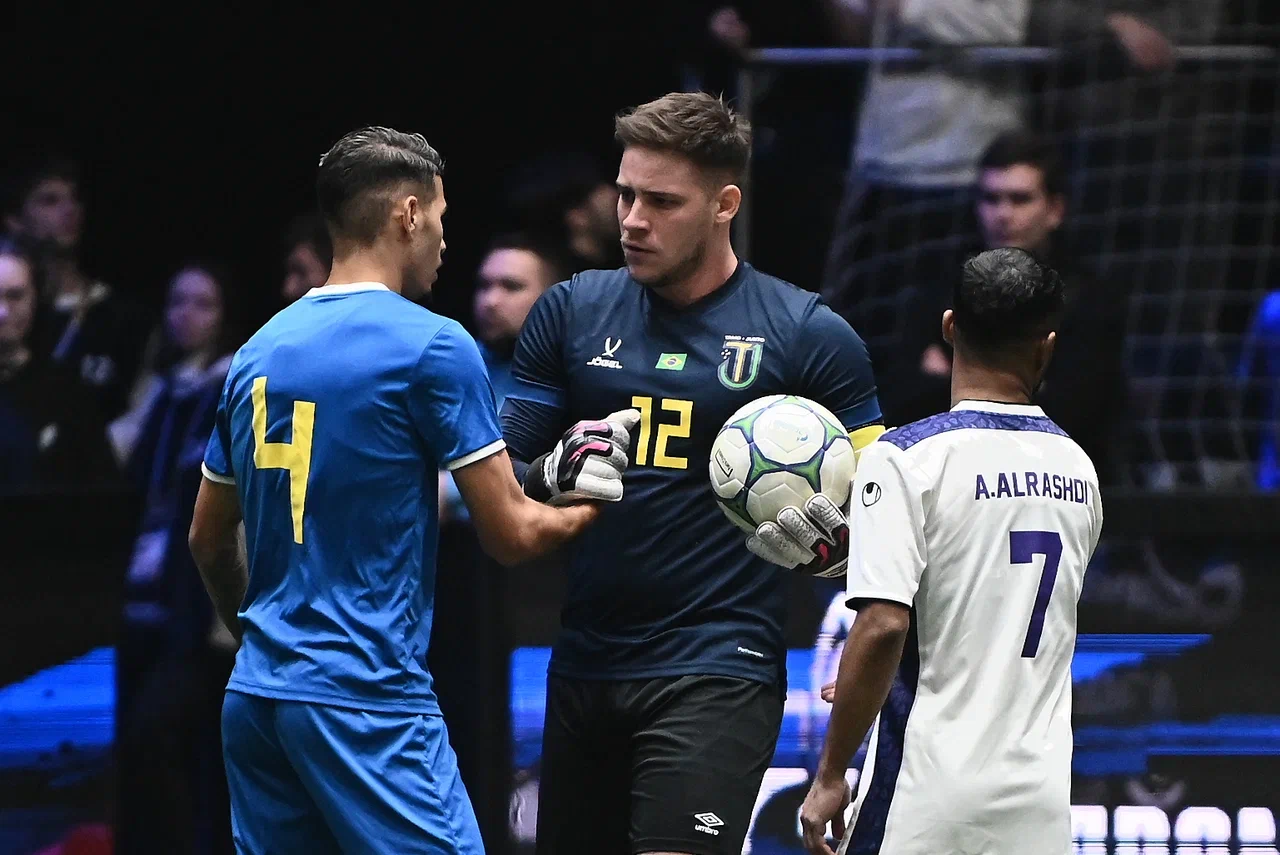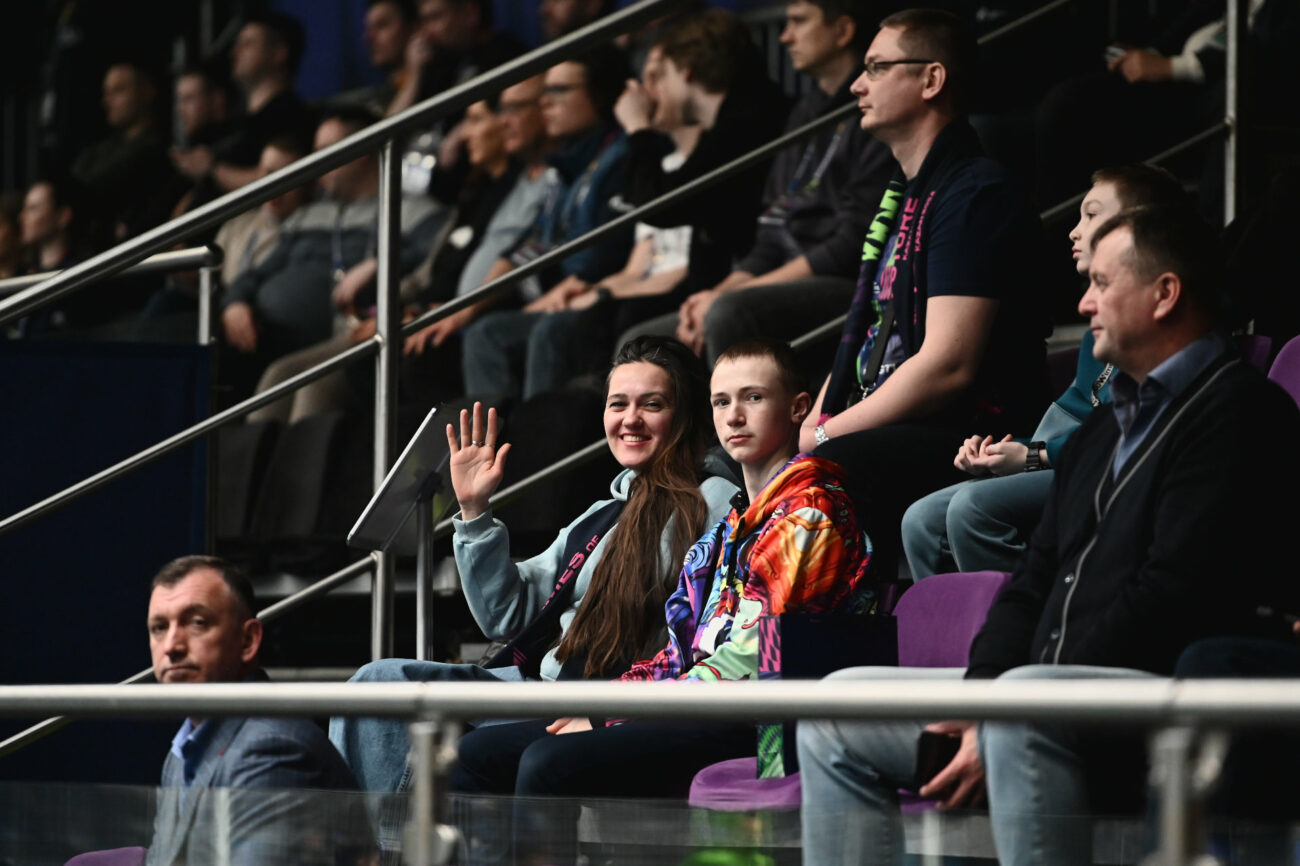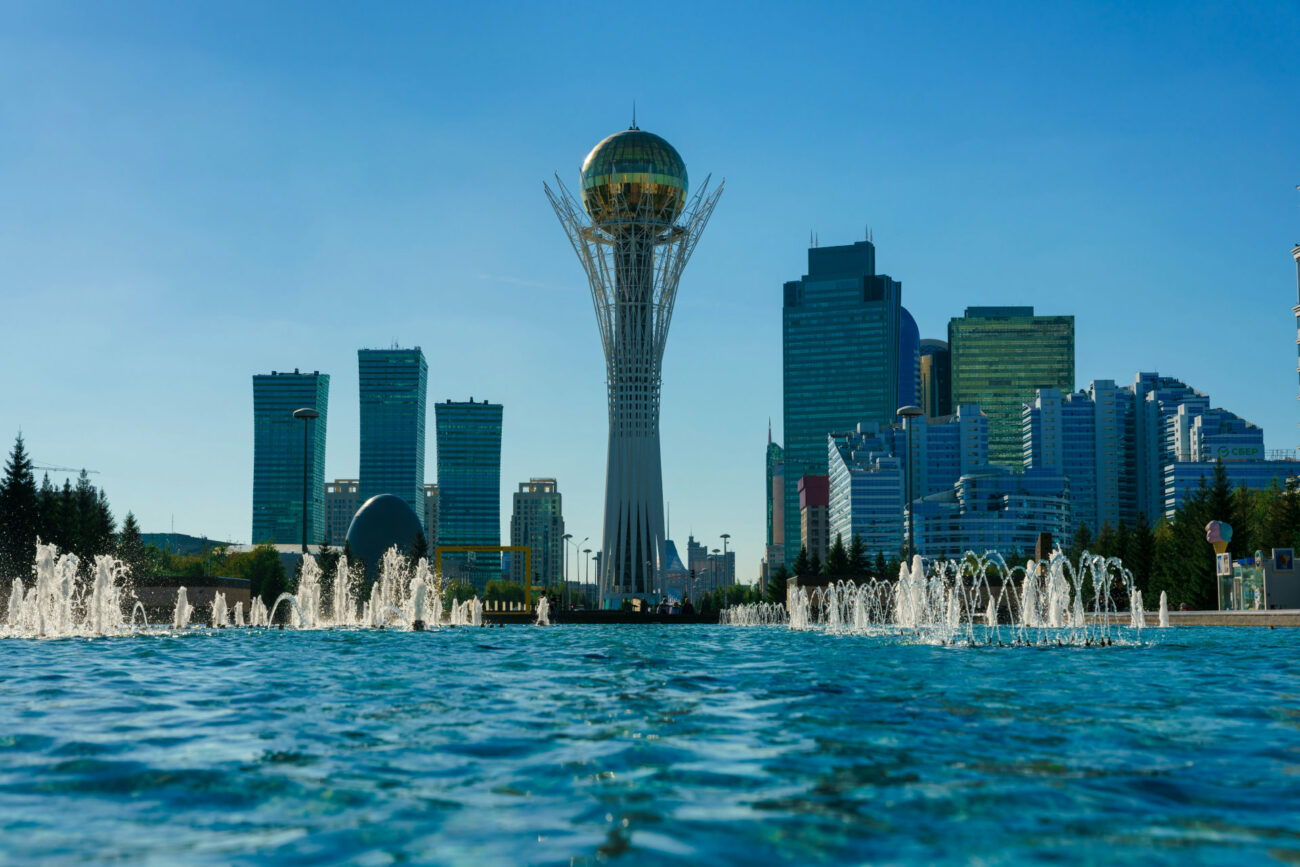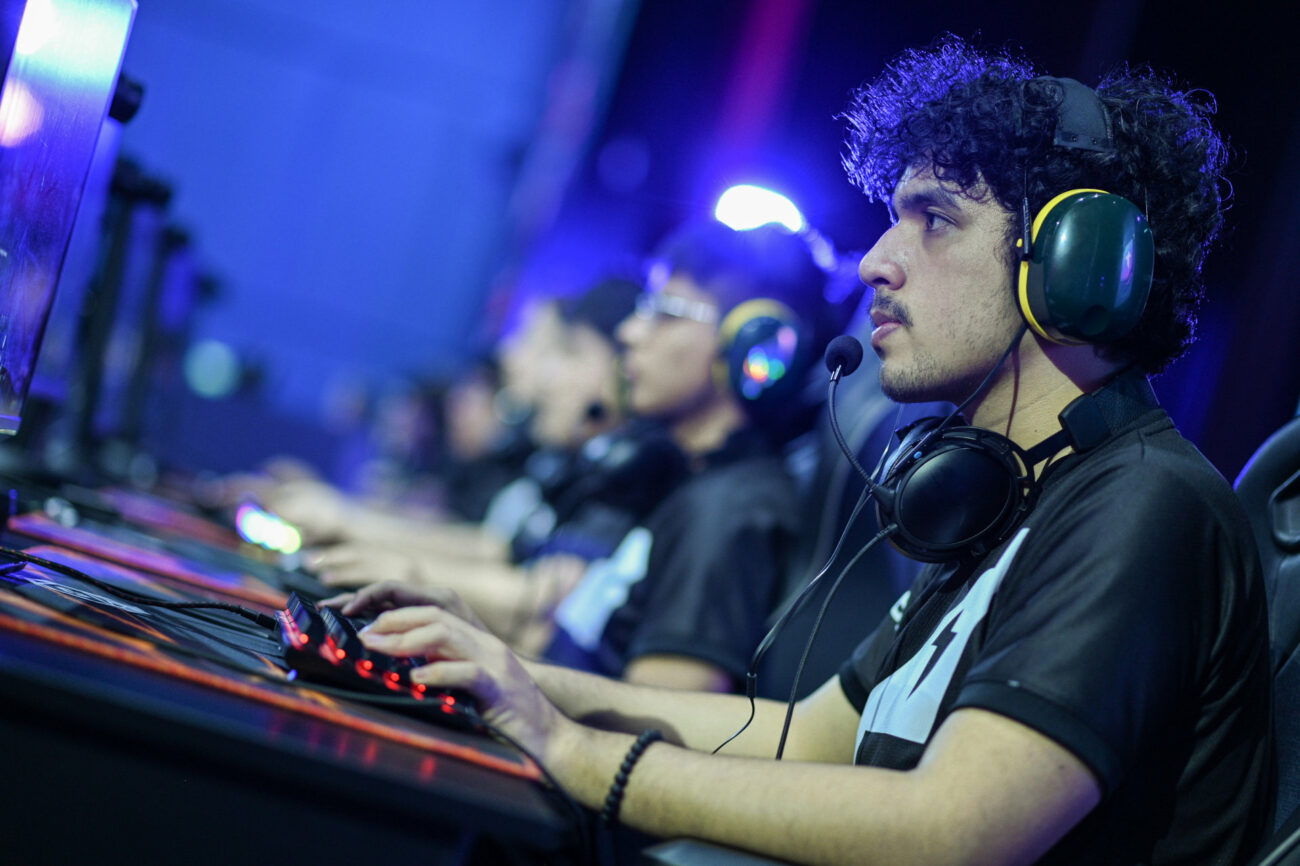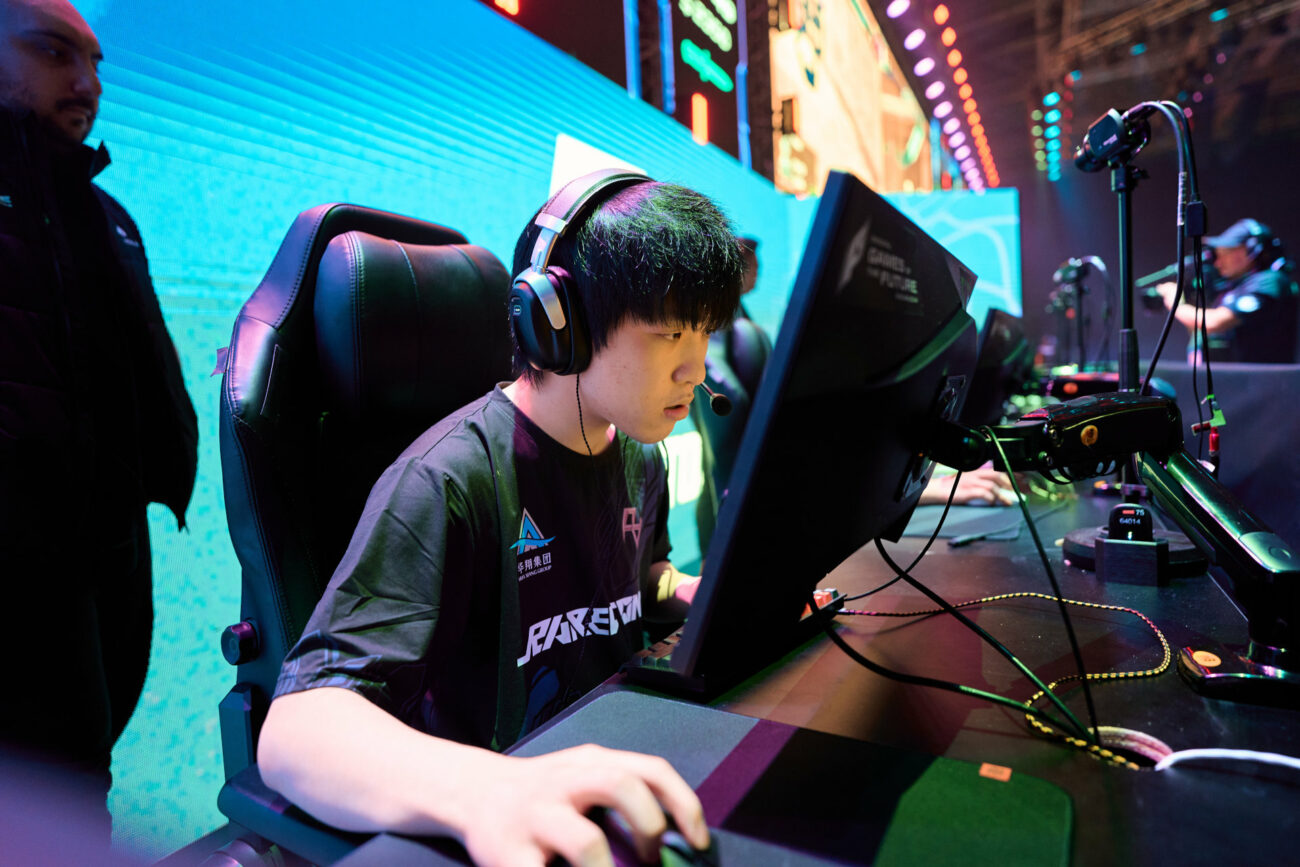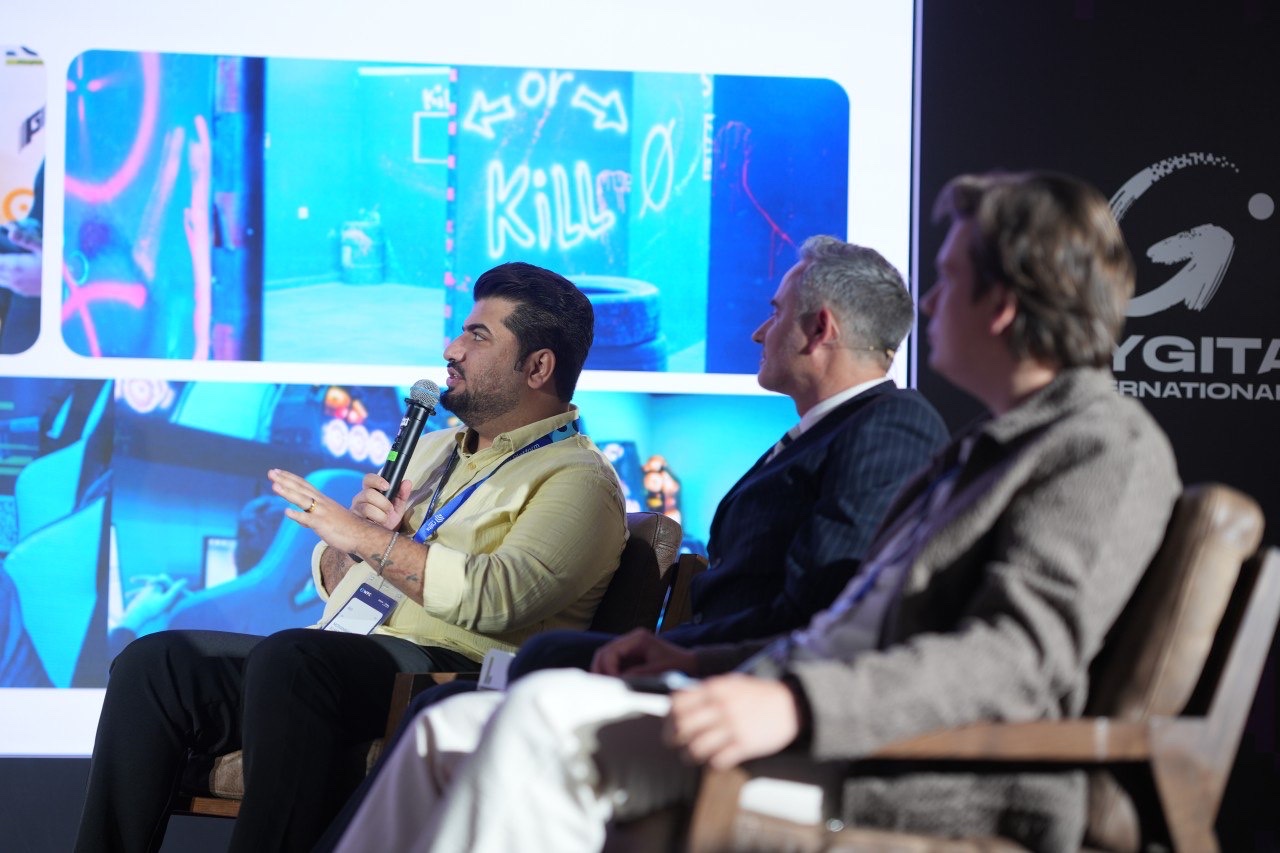
As the 2025/26 WPC season begins next month, phygital clubs and organizers are preparing for a new year of expanded opportunity—and elevated expectations. With interest in tournament play continuing to grow, there is significant value in learning from members who have already delivered successful national events.
At the World Phygital Summit 2025 WPC representatives from Brazil, Mexico, Ghana, Iraq, and Armenia shared first-hand experience in organizing tournaments across a range of contexts—from mature sports markets to emerging grassroots ecosystems. Despite differences in scale and resources, their experiences revealed common strategies and practical insights that can inform efforts across the global WPC community.
One consistent takeaway was the importance of community trust. Igor Boumekpo, President of the Ghana Esports Federation described how early, focused messaging helped establish credibility and drive engagement:
“We started with one simple message—phygital is coming—and the community showed up.”
For ALUNIA SA DE CV (WPC member in Mexico), that trust took longer to develop. David Alatorre López, Founder and Director at ALUNIA SA DE CV, reflected on the challenges of introducing a new format to a skeptical audience:
“Getting people to believe in the event was harder than I thought, but once they trusted us, the energy was unstoppable.”
In both cases, organizers emphasized that effective engagement required more than promotion—it required consistent presence, listening to local communities, and demonstrating the value of phygital experiences.
Another key theme was the ability to act quickly and adapt to local realities. Moacyr Avelino Alves, CEO of Phygital Brazil, and his team organized a tournament in just ten days, driven by strong public interest and support from government partners.
“We had 1,000 people in a venue meant for 300. The demand exploded.”
Despite limited preparation time and regulatory hurdles, the team succeeded through agility, strong messaging, and alignment with trusted local figures.
Digital tools were also central to driving participation. WPC members in Brazil, Mexico, and Iraq leveraged platforms such as Instagram, WhatsApp, and influencer partnerships to reach and activate audiences efficiently. As Mohammed Almola, President of Electronic Games Association in Iraq, noted:
“Seeing how other countries approached phygital inspired us to push forward with our own vision.”
These digital strategies were not only cost-effective but essential in building real-world momentum and visibility.
Finally, resource constraints often led to creative solutions. Nikita Zbyshko, Executive Director of the Armenian Hockey League, launched the country’s first Phygital Basketball tournament without sponsorship support — relying instead on personal funds, community outreach, and a deep sense of mission:
“There’s real excitement for phygital sports in Armenia—people are ready for something new.”
Final Takeaway
While no single model fits every market, this panel made clear that successful phygital tournaments share a common foundation: community engagement, strategic agility, digital outreach, and persistent local leadership.
Together, these stories offer a roadmap for WPC members to grow the phygital movement worldwide.
